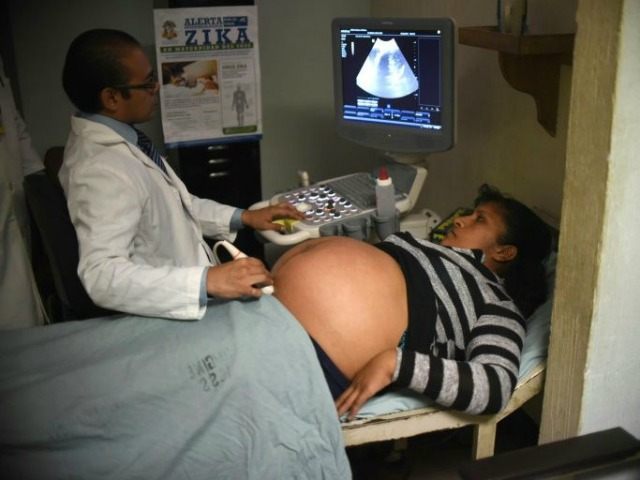Brazilian celebrity doctor Varella Varella claimed officials have banned abortion to punish poor mothers. Fear of microcephaly due to Zika and a leftist pro-abortion campaign have resulted in a spike in dangerous illegal abortions in Brazil.
“Banning abortion is to punish those who have no money,” claimed the doctor. “I’m not a supporter of abortion and no one is. What is the woman who wants to have an abortion? It is an absurdly traumatic experience, a tragedy. It’s not about that.”
He also stated that money allows women to have abortions in “reasonable conditions.”
“Abortion is already free in Brazil,” he exclaimed. “Everything else is falsehood. Everything else is hypocrisy.”
Varella shot to fame in Brazil by preaching medicine on radio programs and television shows. He branched out to social media, where he publishes videos on YouTube.
Doctors indicate women in all social classes are seeking out these abortions “in despair over the possibility of deformity.” Some even go through with abortions without concrete proof of complications.
“Rich women normally do and nothing ever happens. Have you ever seen them being arrested for it?” continued the doctor. “Now the poor woman, the wife of the slum, that thickens statistics.”
Planned Parenthood and leftist politicians have argued that easier access to abortion will help contain the damage the Zika virus is causing in Latin America.
“It is essential to recognize that women and men have the right to make decisions and existential options and one of the most important choices in the life of a woman is to have children or not,” wrote sociologist Jacqueline Pitanguy in O Globo, another national publication.
Doctors cannot diagnose microcephaly until the third trimester or after birth:
In many cases, microcephaly may not be evident by ultrasound until the third trimester and, therefore, may not be seen on ultrasounds performed earlier in pregnancy. The diagnosis of microcephaly may be made at birth or later in infancy. The baby’s head circumference is much smaller than normal. During the physical exam, the doctor obtains a complete prenatal and birth history of the child. In older babies and children, the doctor may also ask if there is a family history of microcephaly or other medical problems. Sometimes the child is born with a normal head circumference but then acquires microcephaly because of a serious condition, such as certain genetic disorders, stroke, traumatic injury, or poisoning. The doctor will also ask about developmental milestones since microcephaly can be associated with other problems, such as intellectual disability. Developmental delays may require further medical follow-up for underlying problems.
Brazil has outlawed abortion except in cases of rape, incest, or when the mother’s life is in danger. A judge must approve exceptions.
Varella admitted doctors cannot diagnose microcephaly until the third trimester and that a child can survive if born that early.
“In microcephaly, the definitve diagnosis is generally close to the third trimester,” he explained. “You take a fetus at seven months and it is almost born. But of course I respect any decision.”
He added, “The important thing is to give freedom to those who think differently. This is the fundamental issue of abortion.”
Virologist Gubio Soares, who first identified the presence of the pervasive Zika virus in Brazil, suggested that legalized abortion in French Polynesia may have prevented scientists from uncovering a link between Zika and severe infant deformities sooner.
During a lecture, Soares claimed scientists do not know for sure if a link exists between Zika and microcephaly. This is mainly because women in places where Zika breeds often aborted children who showed signs of microcephaly, a disorder now linked to the virus. Microcephaly occurs if the brain does not form properly in pregnancy or stops growing after birth, causing a small skull. Children can suffer from seizures, developmental delays, intellectual disability, and feeding problems.
Soares suggested that legalized abortion in French Polynesia may have prevented scientists from uncovering the crucial link between Zika and the disorder.
Journalist Ana Carolina Caceres, 24, told the BBC doctors did not think she would survive after she was born with microcephaly.
“I grew up, went to school, graduated, and went to university,” she boasted. “Now I am a journalist and write for a blog.”

COMMENTS
Please let us know if you're having issues with commenting.